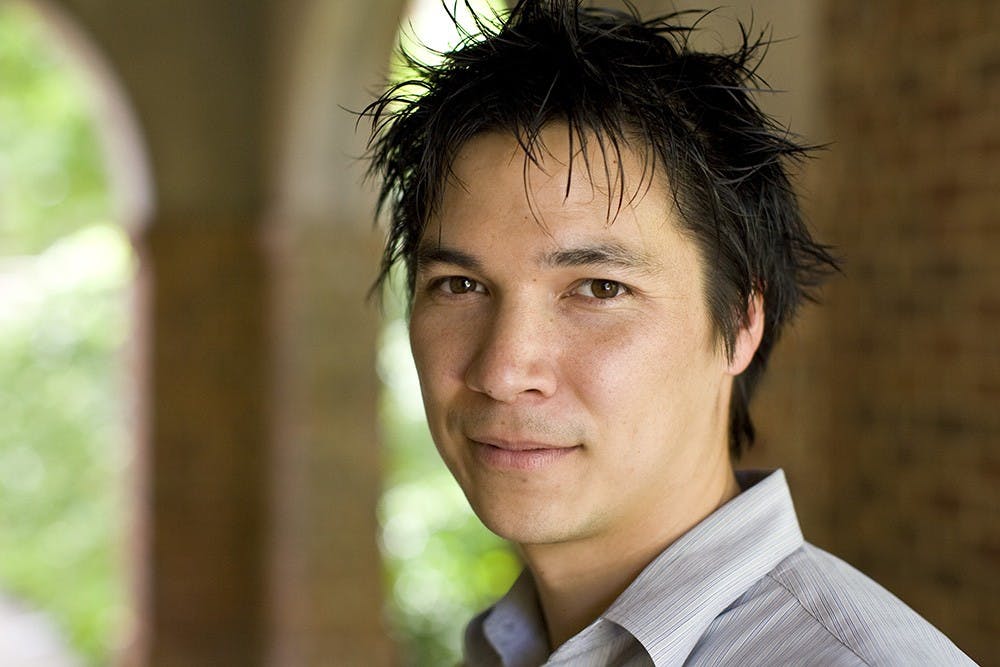With the large amount of energy wasted by residential homes in the United States, Assoc. Computer Science Prof. Kamin Whitehouse is working hard to develop creative energy-saving solutions.
“Residential buildings use a quarter of the energy in the U.S., so this is a big problem,” Whitehouse said. “The big picture is to understand people and how they use energy.”
Steps like providing people with detailed portfolios of information about what uses power within a home can help them determine energy problems, Whitehouse said.
Whitehouse said his research began with working on smart thermostats for homes, because nearly half the energy used residentially is for heating and cooling. To replace standard reactive thermostats, his team developed learning thermostats by retrofitting a centralized heating/cooling unit with a system of 21 sensors and a wireless thermostat that controls dampers to adjust airflow, resulting in the reduction of energy usage by 28 percent.
Whitehouse’s subsequent research has expanded to cover more energy-dependent features of residential homes. Recently, his team furnished a smart water heater that is 10 to 12 percent more efficient than a conventional one.
Whitehouse recently received a $600,000 three-year Computing Research Infrastructure grant from the National Science Foundation that started this past June. The goal of the grant is to establish a network of around 20 homes in the Charlottesville area that would put smart home technology into practice.
Used to test technologies in a practical setting, this network would be the, “first set of homes that could generate data about energy and people,” Whitehouse said. Sensors placed strategically throughout the homes will have the ability to track and identify the occupants in the house and recognize when they use energy-consuming appliances.
Whitehouse aims to disaggregate energy usage, meaning to break down energy usage by appliance, and track who specifically is using it, allowing for effective tracking of the energy usage of specific appliances and not just a household as a whole. Though he said there is not technology that can readily do this right now, his team will be presenting new research at a conference Thursday.
Whitehouse’s research has garnered attention for its practicality and relevance. Currently, data show significant efficiency improvements, with homeowners able to cut back on a quarter of their energy usage by applying the full range of his lab’s technologies.
The traditional approach requires an energy audit followed by weatherization, an expensive process to upgrade homes structurally so they waste less energy, can cost homeowners thousands of dollars, providing a relatively low return on investment that could take years to pay for itself.






